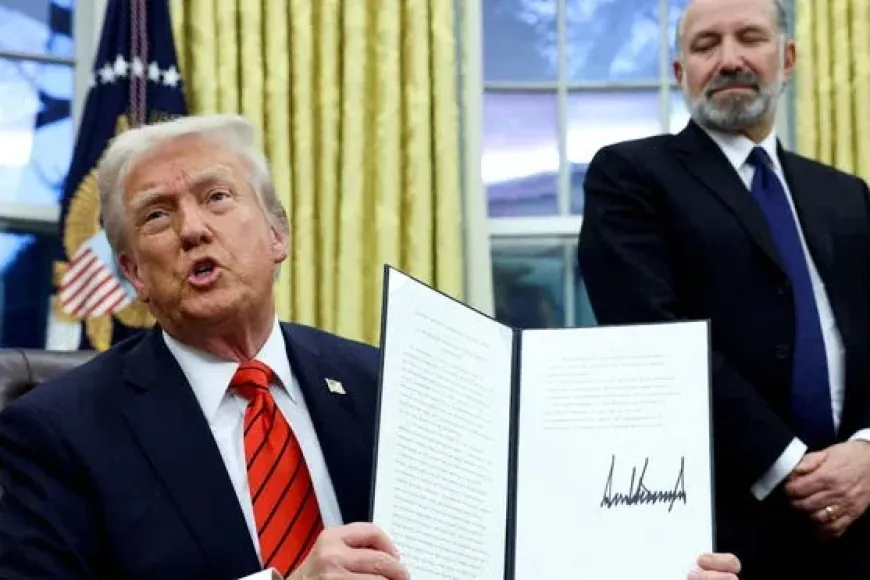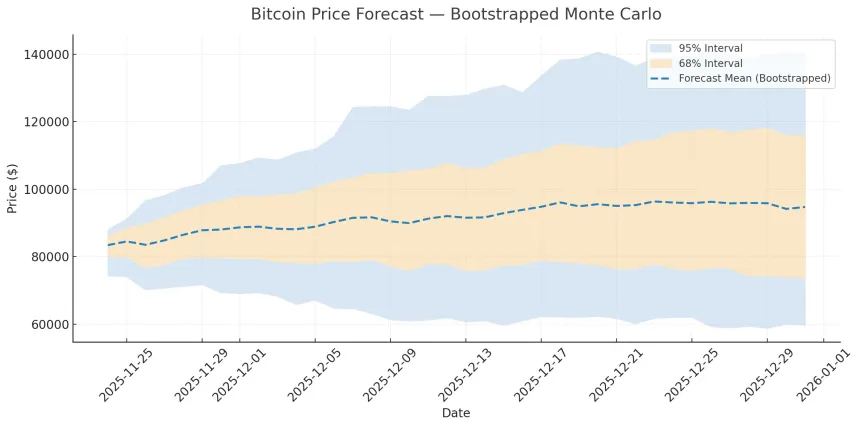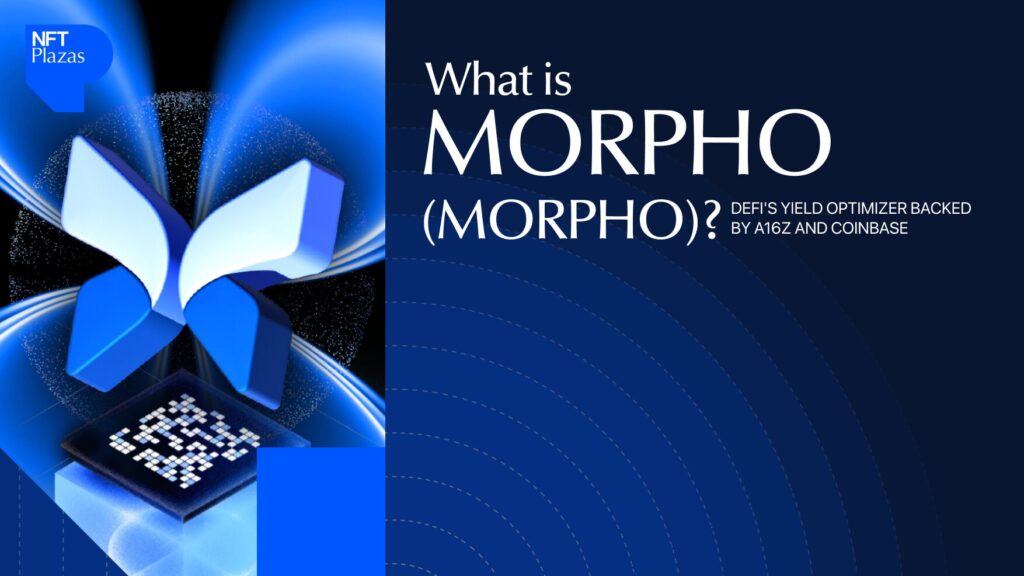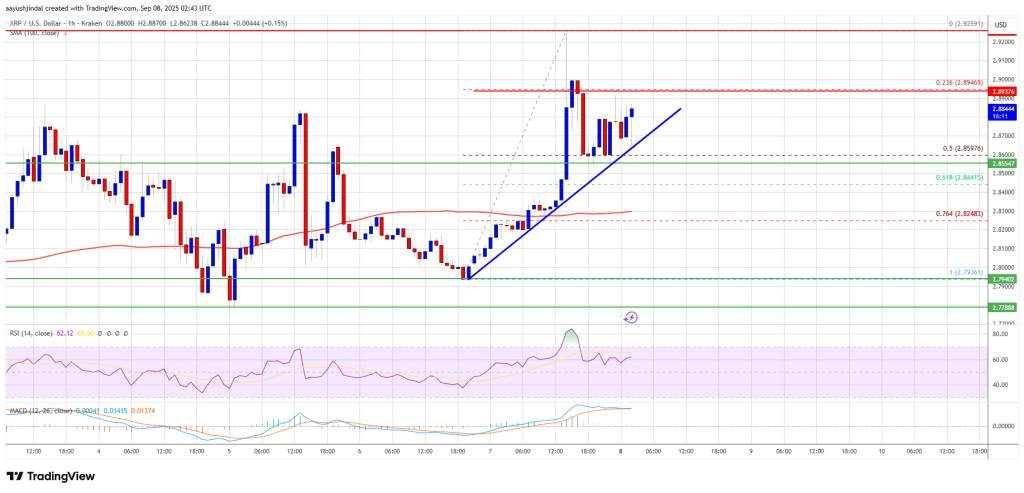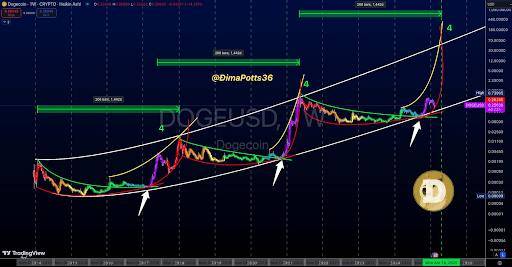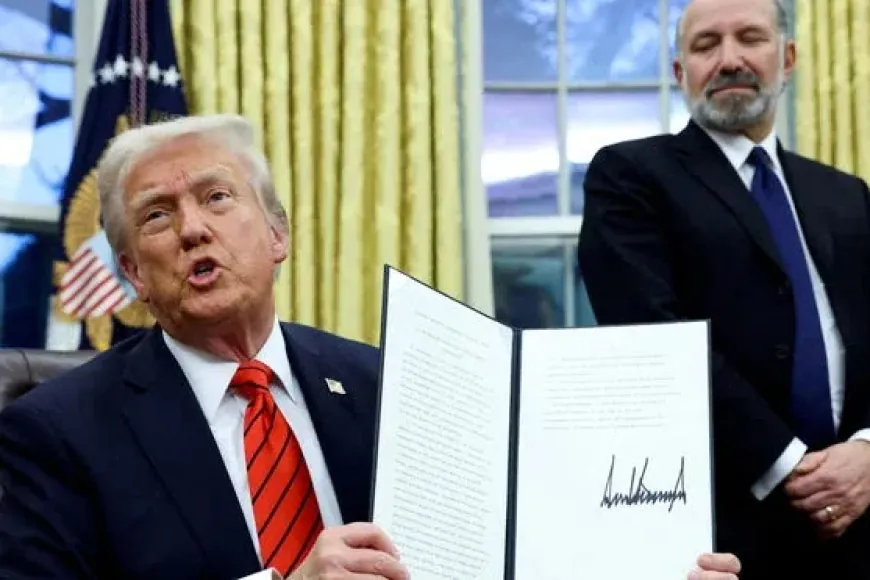
WASHINGTON — The Justice Department is preparing to take criminal action against U.S. companies that evade import tariffs imposed during Donald Trump’s presidency, signaling a sharp break from how trade violations were handled under prior administrations.
Federal prosecutors plan to investigate and charge firms that deliberately misclassify goods, mislabel origin countries, or conceal information to reduce their tariff bills. The effort will be led by a newly established unit inside the DOJ tasked with pursuing economic fraud, including trade and customs-related offenses.
The change reflects the administration’s intent to hold companies accountable with criminal penalties, not just fines or administrative actions.
Companies Misclassifying Imports Could Face Prosecution
In a policy shift first circulated internally in May, the head of the DOJ’s Criminal Division, Matthew R. Galeotti, said the department would now treat tariff evasion as a core area of white-collar crime enforcement.
That means companies and individuals involved in fraudulent import declarations could face indictment — not simply agency review or financial penalties.
Investigators will prioritize cases involving misclassification of goods, incorrect valuation, origin fraud, and transshipment through third countries. These are all common tactics used by importers to reduce their exposure to U.S. tariffs, especially those placed on Chinese-origin goods during Trump’s first term.
Until now, many of these cases were handled by U.S. Customs and Border Protection (CBP) or the Department of Commerce through civil proceedings. The DOJ’s new approach bypasses those routes in favor of criminal prosecution, a move trade lawyers say could alter how businesses approach import compliance.
Ongoing Lawsuits Challenge Legality of Tariffs
While the DOJ prepares to enforce the tariffs more aggressively, several of those same duties are under legal scrutiny in federal court.
This Thursday, the U.S. Court of Appeals for the D.C. Circuit will hear arguments in a lawsuit brought by a group of small business importers who contend that the administration overstepped its authority when it imposed sweeping tariffs. The plaintiffs already won a ruling in a lower court, temporarily blocking some of the duties.
Another challenge, filed by two toy manufacturers, is scheduled for argument on September 30. That case also stems from a previous win at the lower court level.
Despite the ongoing litigation, the DOJ has made clear it will pursue violations of the tariffs as currently written.
Experts Say DOJ’s Approach Is a Departure From Norms
Trade lawyers familiar with customs enforcement say the move is more than symbolic.
“This is a real shift,” said Robert Shapiro, a partner at Thompson Coburn LLP who specializes in trade law. “The Justice Department typically stays out of tariff misclassification cases unless there’s something egregious. This signals that they’re raising the level of scrutiny and moving toward prosecution.”
Raj Bhala, a law professor at the University of Kansas, said that while customs fraud laws have long been in place, actual criminal enforcement has been rare — especially when violations involved companies headquartered in the U.S.
“In most cases, these were treated as civil matters,” Bhala said. “Now, companies that make false statements about their imports could face criminal exposure. That changes the risk calculation.”
How Companies Evade Tariffs — and Why DOJ Is Watching
Importers have several methods for lowering their tariff liabilities. Among the most common:
-
Declaring a product as something else to get a lower rate
-
Misreporting the country of origin
-
Modifying a product in transit to qualify for exemptions
-
Routing goods through low-tariff countries like Vietnam or Mexico before final delivery to the U.S.
The DOJ has signaled that these practices — if found to be deliberate — could be grounds for prosecution under federal fraud statutes. Bhala noted that the agency’s attention will likely focus on companies importing large volumes from China, where tariffs on industrial components, electronics, and raw materials remain high.
“What they’re looking for is intent,” Bhala said. “If there’s an internal email saying, ‘Let’s change the label to avoid duties,’ that’s enough to open a criminal case.”
Small Importers May Struggle to Keep Up
For large corporations with compliance departments, the DOJ’s new stance may prompt internal reviews but won’t necessarily disrupt operations. For smaller businesses, the legal exposure could be more significant.
“Most SMEs don’t have a trade compliance officer,” said Erika Trujillo, an attorney at SEIA Compliance Technologies. “They rely on freight forwarders or customs brokers to handle filings, and often don’t realize something’s wrong until they get audited.”
The U.S. Customs and Border Protection agency offers tools such as the Automated Commercial Environment (ACE)platform to help importers view their filings and tariff classifications. But those tools require expertise to interpret correctly — expertise many smaller firms don’t have.
“There are thousands of classification codes and specific rules tied to each one,” Trujillo said. “If you import just a few items each month, you probably don’t have someone on staff checking everything line by line.”
Penalties for Violations Could Be Severe
Companies found to have violated tariff laws could face substantial consequences:
-
Negligent errors can lead to fines of up to two times the duties owed
-
Gross negligence can push that to four times the underpayment
-
Intentional fraud may result in forfeiture of goods and criminal prosecution
-
False statements made knowingly can bring felony charges and potential prison time
“If you sign customs paperwork and it’s false, that’s not a slap-on-the-wrist issue,” Shapiro said. “That’s a felony.”
While the Justice Department is unlikely to pursue every case, attorneys say the threat of indictment will have a chilling effect on companies tempted to cut corners on compliance.
“They don’t need to charge everyone,” Bhala said. “They just need a few prosecutions to send a message.”
Justice Department Focuses on Making Tariffs Enforceable
Legal experts see the Justice Department’s push as an effort to give real weight to the tariff system put in place during the Trump administration. That strategy relied on high import duties — especially targeting Chinese goods — to force trade negotiations. But without proper enforcement, those tariffs risk becoming meaningless.
“You can slap a 25% duty on steel or machinery,” said trade attorney Shapiro, “but if companies just mislabel the goods to dodge it, then it’s all for show. This move is about giving the tariffs teeth.”
It’s still unclear how long this strategy will hold up in court, especially as legal challenges to the tariffs themselves continue. But for now, federal prosecutors are signaling they’re ready to act — regardless of how the policy is received outside the Justice Department.
Also Read: U.S. Middle-Class Families Could Lose $20,000 Under Trump’s Tariffs
